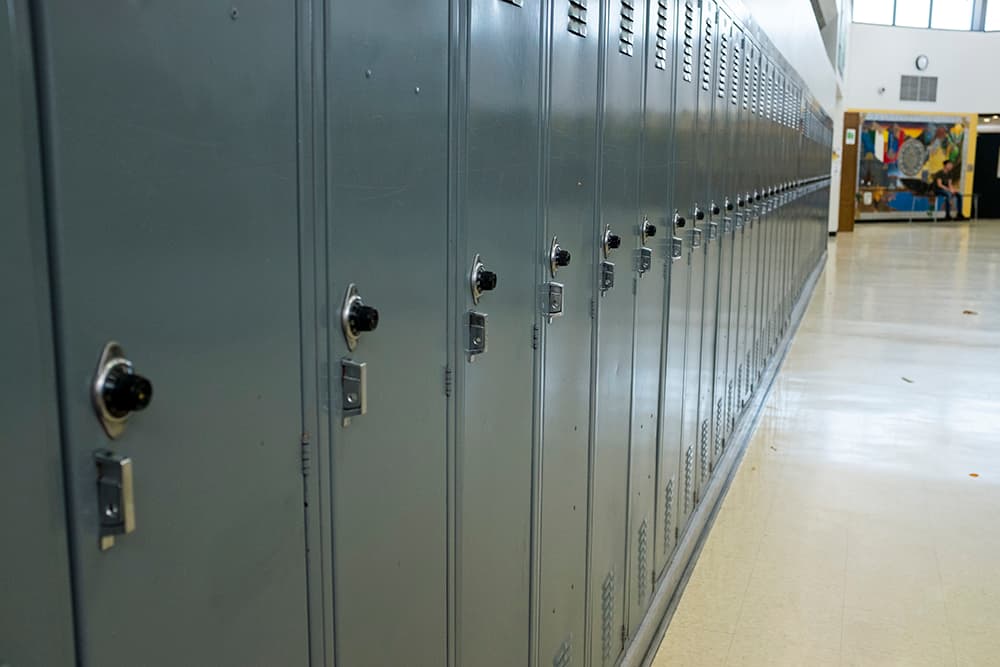In a split vote, the Denver school board last week approved three more middle schools — but none will open right away.
Though they are modeled after successful existing schools, and though district officials feel an urgency to improve school quality districtwide, the three will wait with more than 20 others until a school building becomes available.
That could happen if the district closes a struggling school or builds a brand new one. But slowing enrollment growth means it will likely not build many schools in the coming years.
The number of approved schools on hold until they find a campus has grown over the years, even as the school board adopted a policy in 2015 that calls for replacing chronically low-performing schools with new ones deemed more likely to succeed.
This approach earned Denver a national reputation in education reform circles, but the growing backlog of schools with no clear path to opening has led to frustration among charter school operators and questions from some supporters about how committed Denver is to this model.
The makeup of Denver’s school board has changed, and not all of the new members believe closing struggling schools is good for students. In voting on the three new middle schools, three of the seven board members expressed concerns about the concept of keeping approved schools “on the shelf” because it presupposes existing schools will be shuttered.
Carrie Olson, a former Denver teacher, campaigned last year for a seat on the board on a platform of opposing school closures. Her candidacy was backed by the Denver teachers union, which also supported board member Jennifer Bacon, another former teacher.
Olson and Bacon voiced the strongest reservations about approving the three schools, temporarily called Beacon Network Middle Schools 3, 4, and 5. The schools would be run by the same administrators who oversee Kepner Beacon and Grant Beacon middle schools.
Kepner Beacon and Grant Beacon are “innovation schools,” which means they have more financial and programmatic freedom than traditional district-run schools but not as much independence as charter schools. The two schools focus on personalized learning, partly by giving students access to technology that allows them to learn at their own pace. Each is rated “green,” the second-highest rating on Denver Public Schools’ color-coded scale.
Olson and Bacon said they don’t doubt additional Beacon schools would serve students well. Rather, Bacon said, she’s concerned about having too many of the same type of school and about the length of time schools should be allowed to wait before opening. Being approved by the school board doesn’t guarantee that a school will open.
In the end, the three Beacon schools were approved to open in the fall of 2019 or thereafter. Olson voted no on all three. Bacon voted no on two of them and yes on the third.
Board president Anne Rowe, vice president Barbara O’Brien, and members Lisa Flores and Happy Haynes voted yes on all three. Angela Cobián, who was elected last fall along with Olson and Bacon, voted yes on two schools and abstained from voting on the third.
Cobián said her votes were meant to reflect that she supports the Beacon schools but shares her fellow board members’ concerns. She said she’s committed to making sure the district supports existing schools so they don’t get to the point of closure or replacement.
There are at least 24 schools already waiting for a campus in Denver. Nineteen of them were proposed by four homegrown, high-performing charter school networks. The district’s largest charter school network, DSST, has eight middle and high schools waiting to open.
District officials said they plan to spend time over the summer thinking through these concerns.
Jennifer Holladay, who leads the department that oversees charter and innovation schools, said staff will develop recommendations for how long schools should be allowed to sit on the shelf and whether the district should continue to accept “batch applications” for more than one school at a time, which has been common practice among the homegrown networks.
Chalkbeat is a nonprofit news site covering educational change in public schools.













